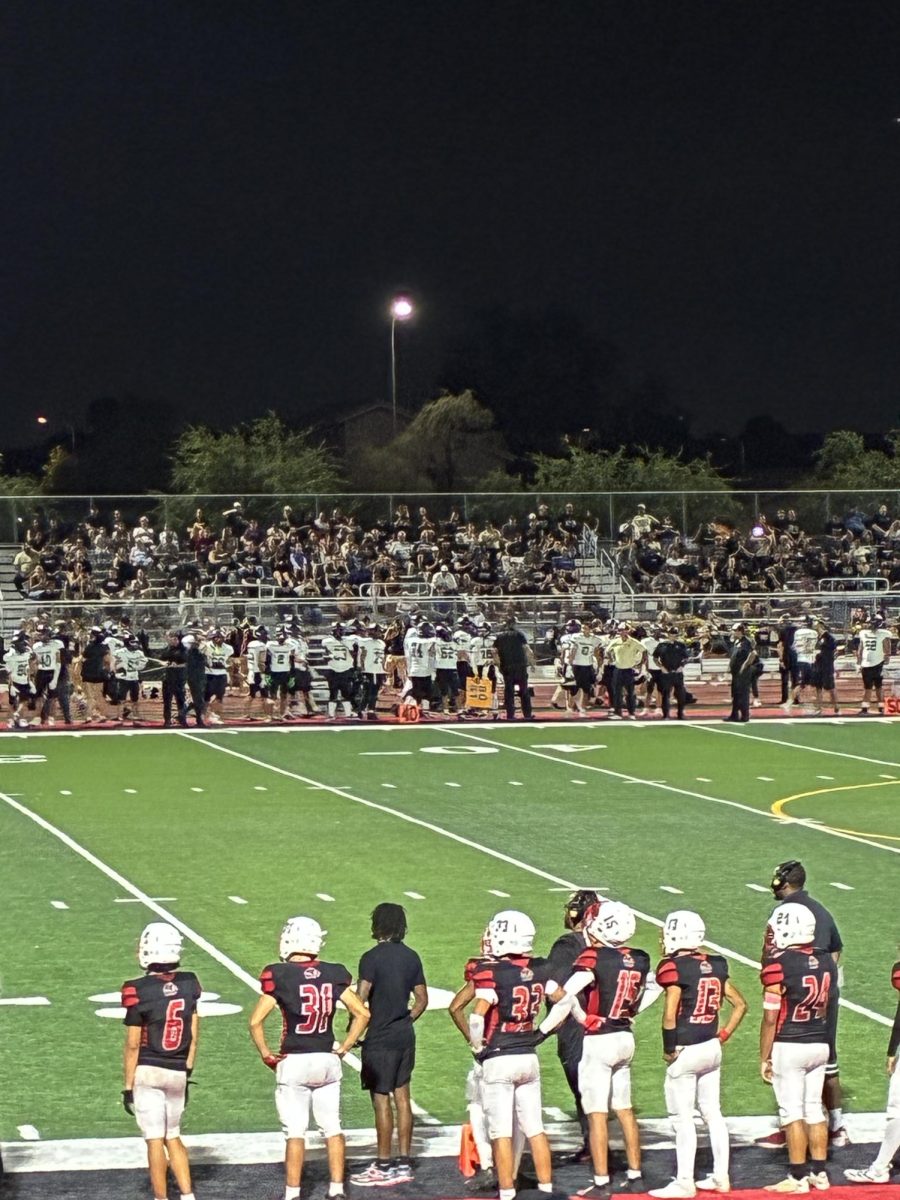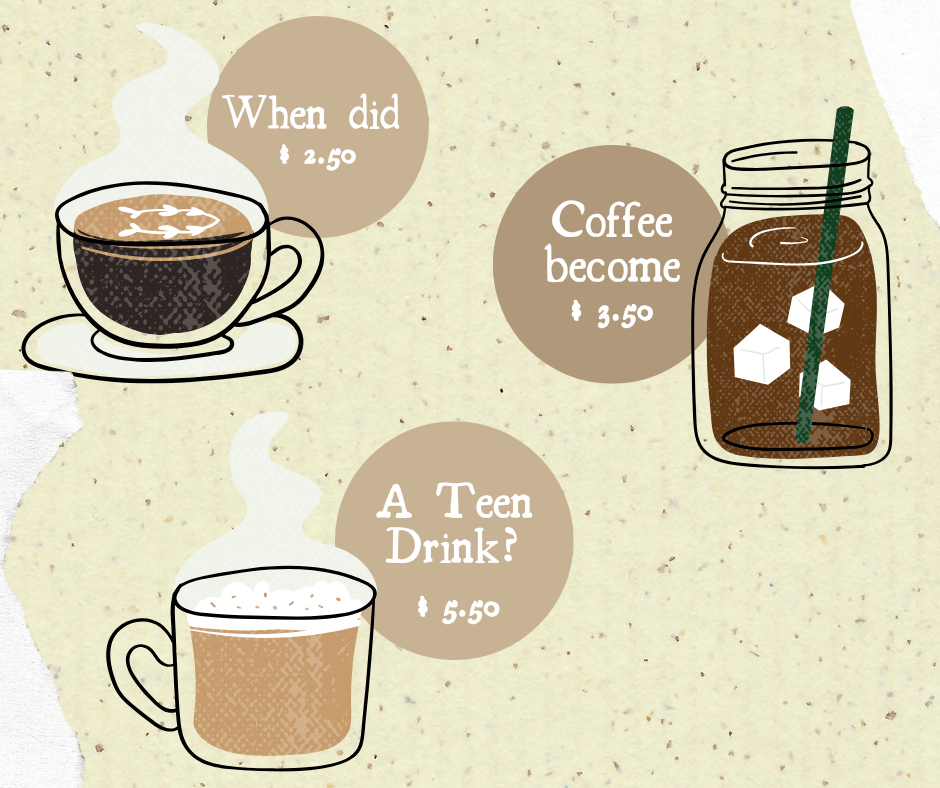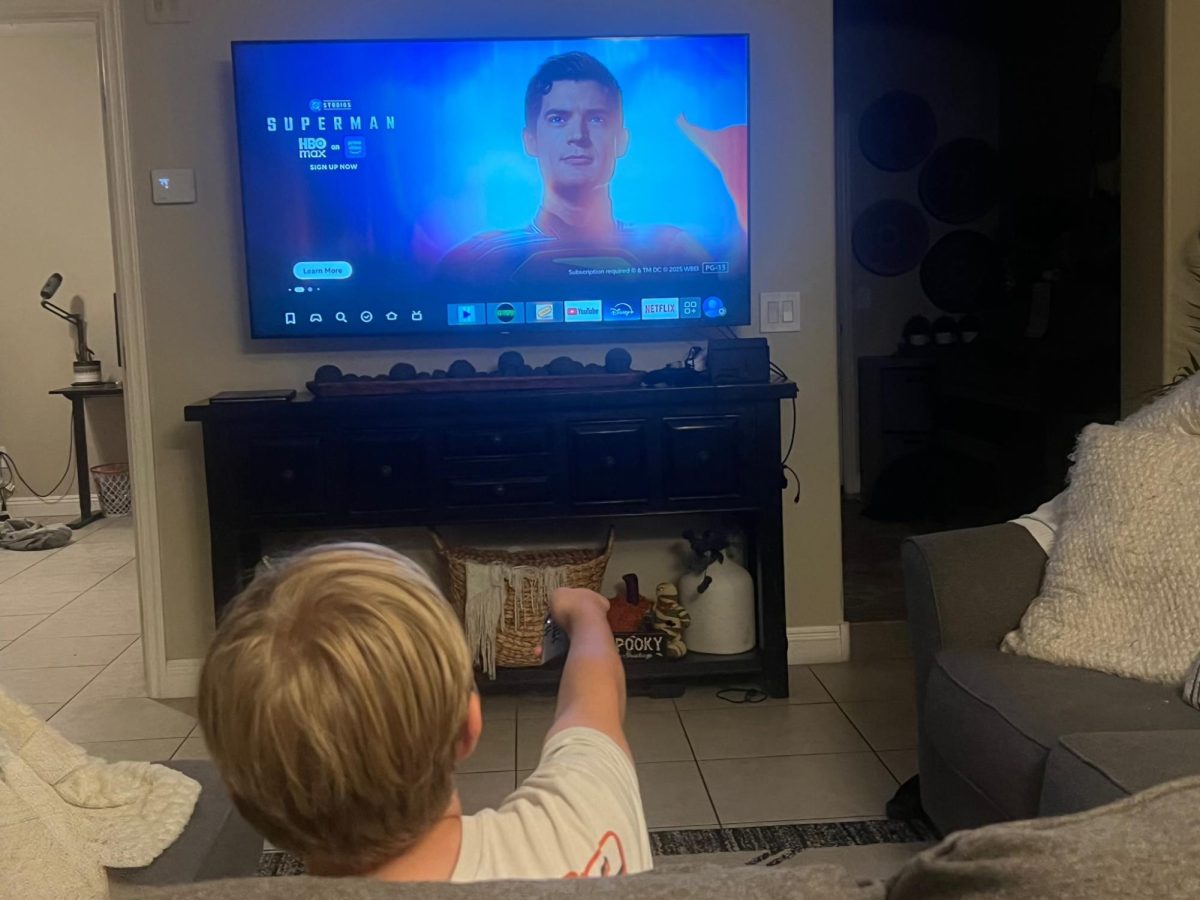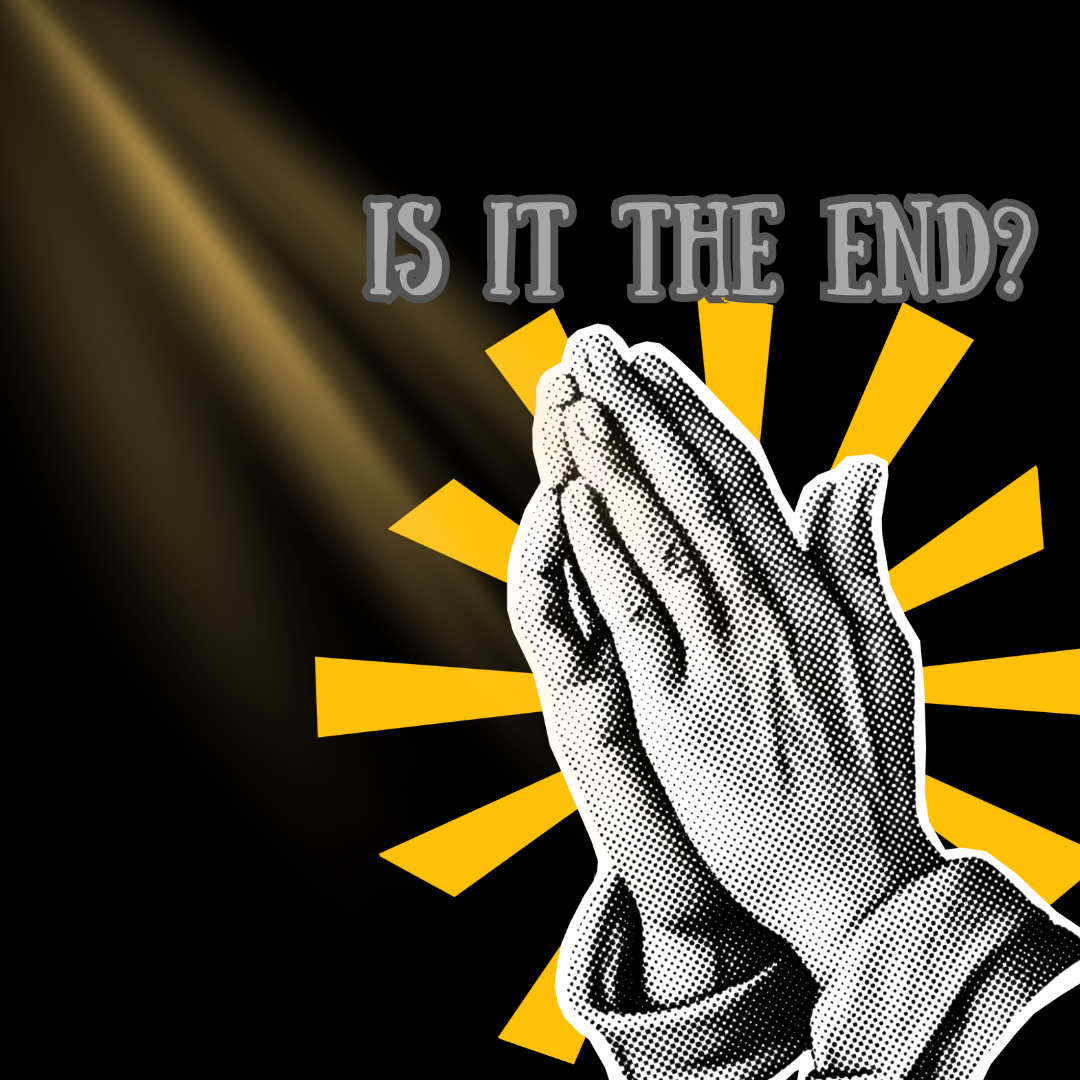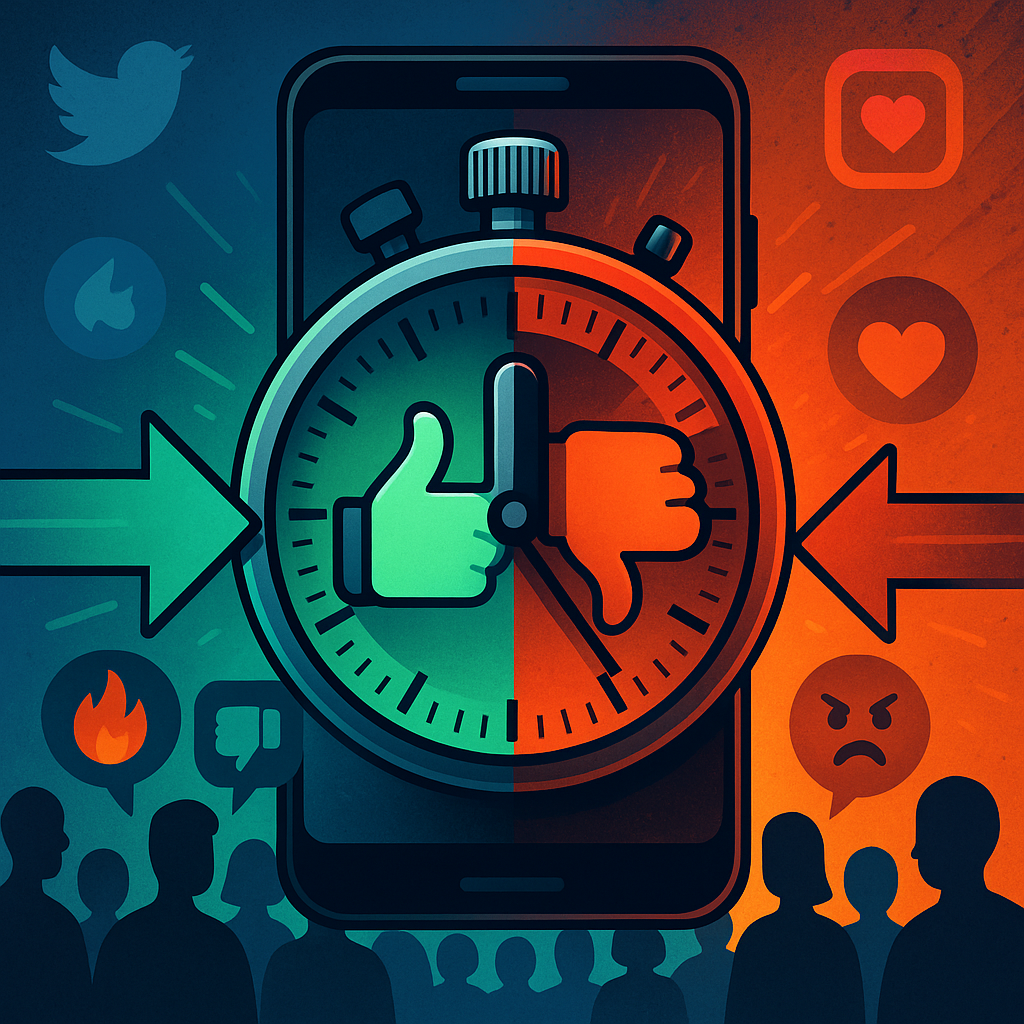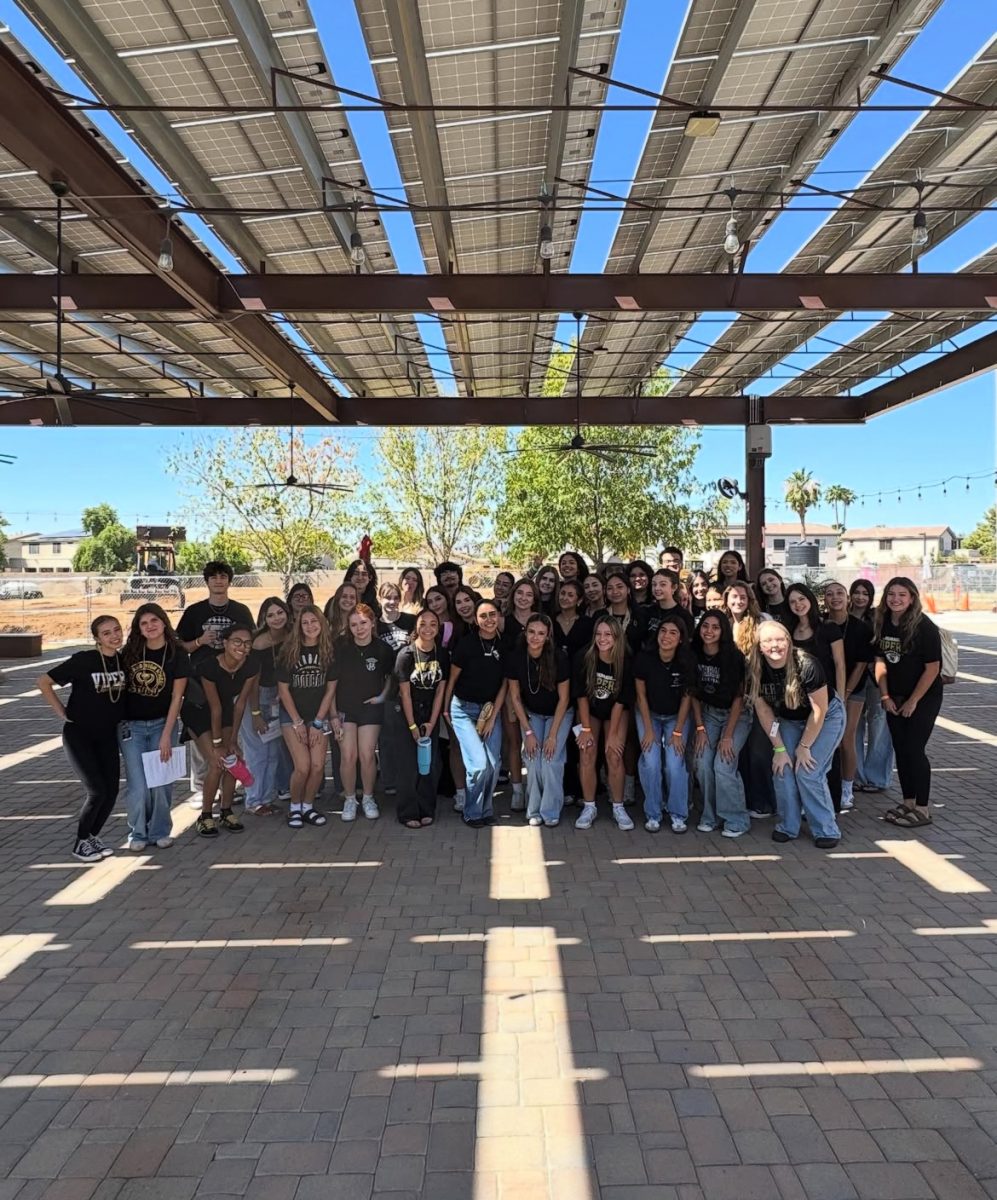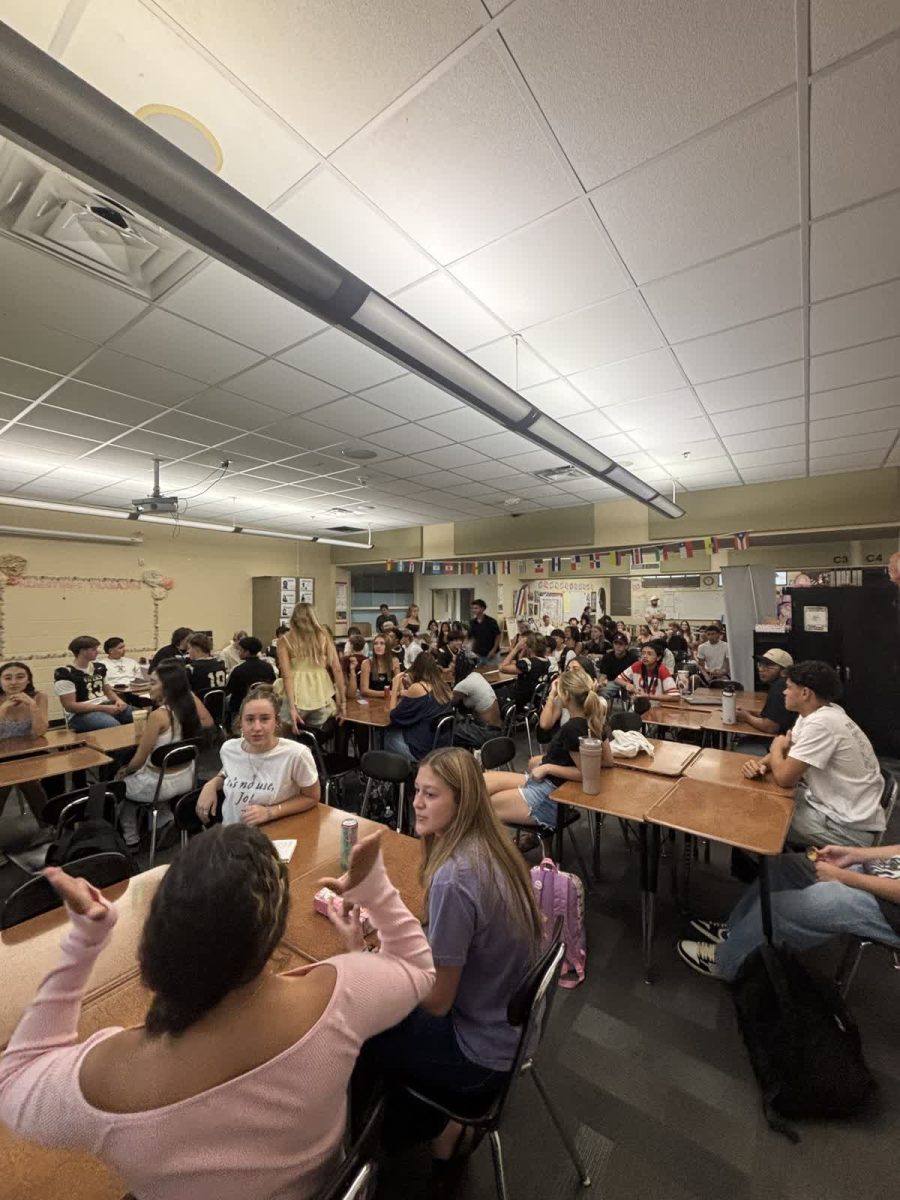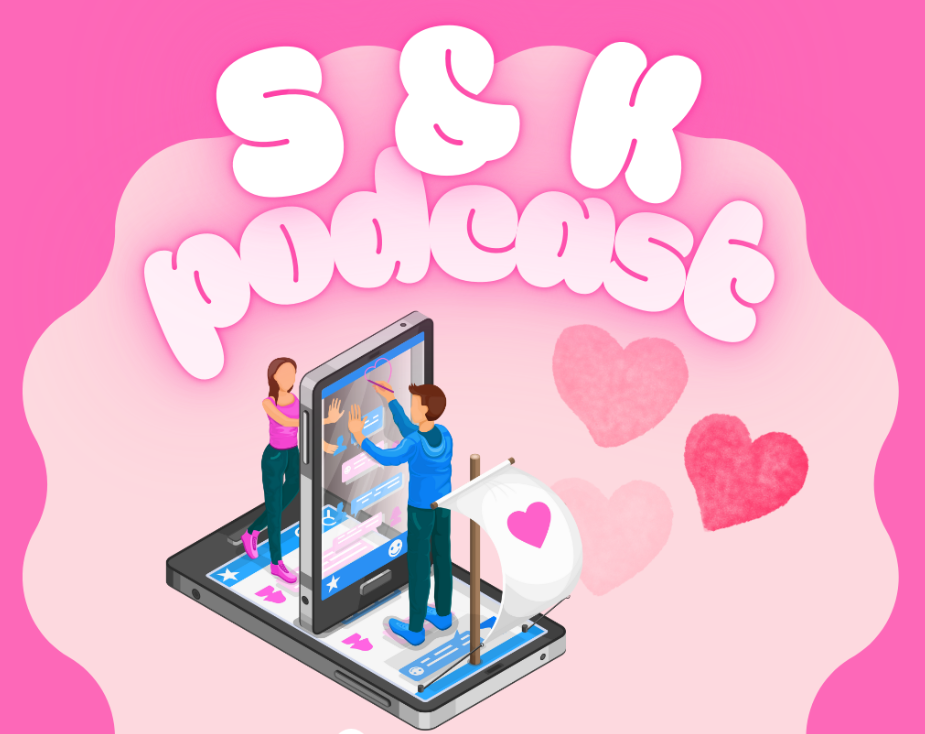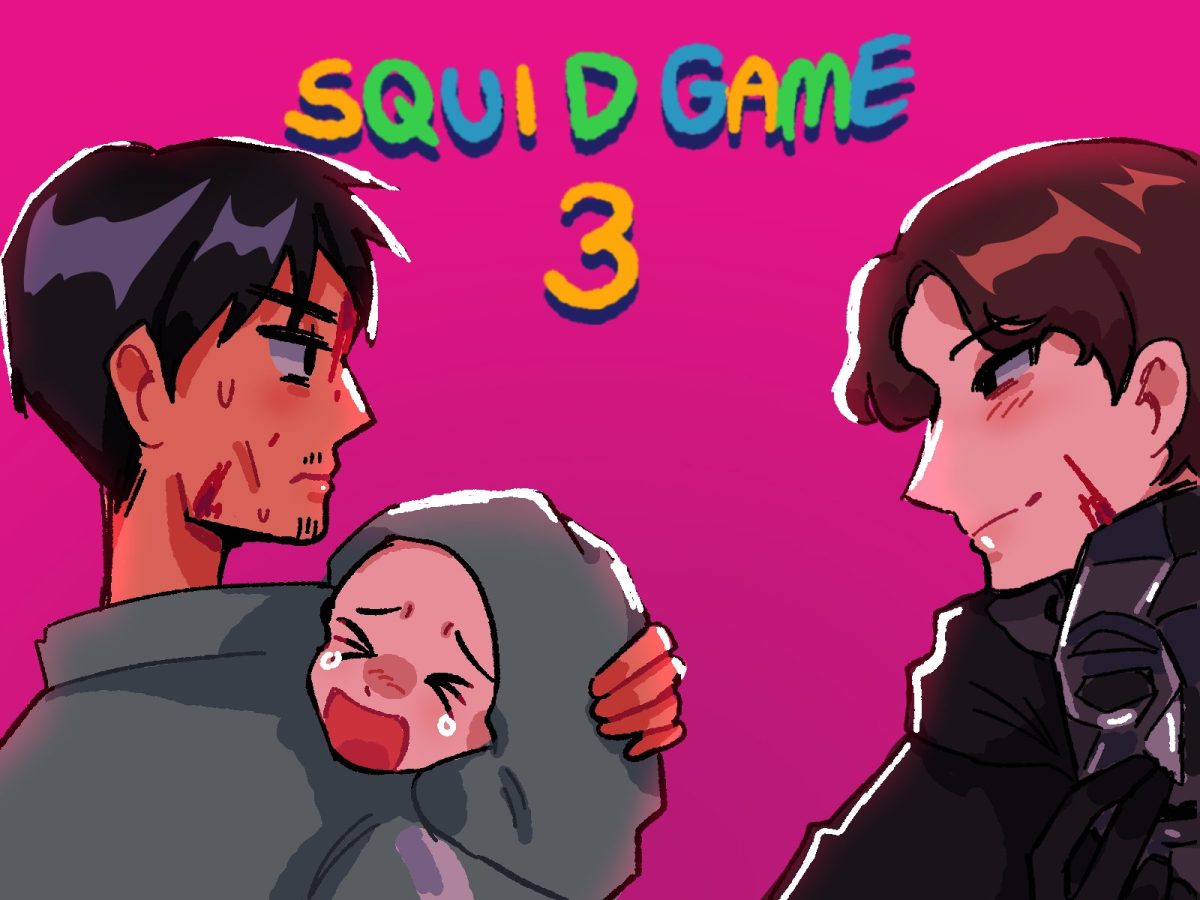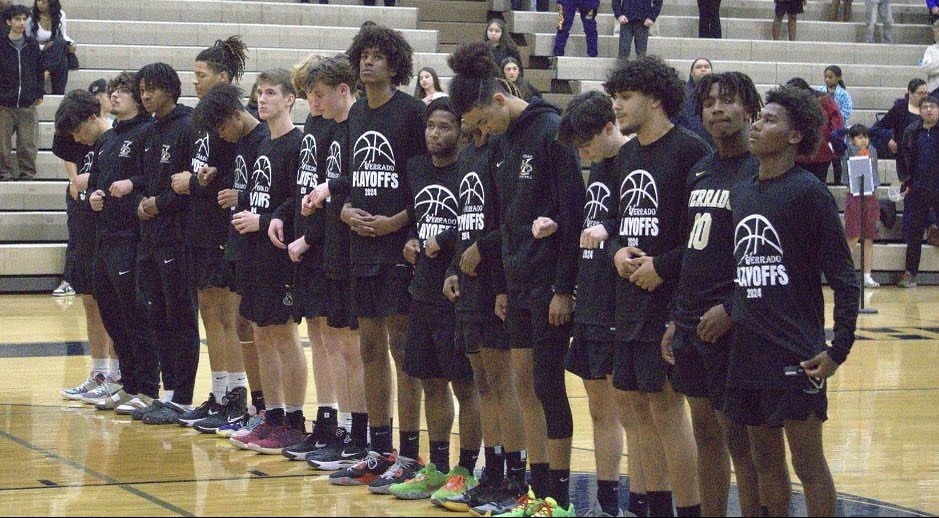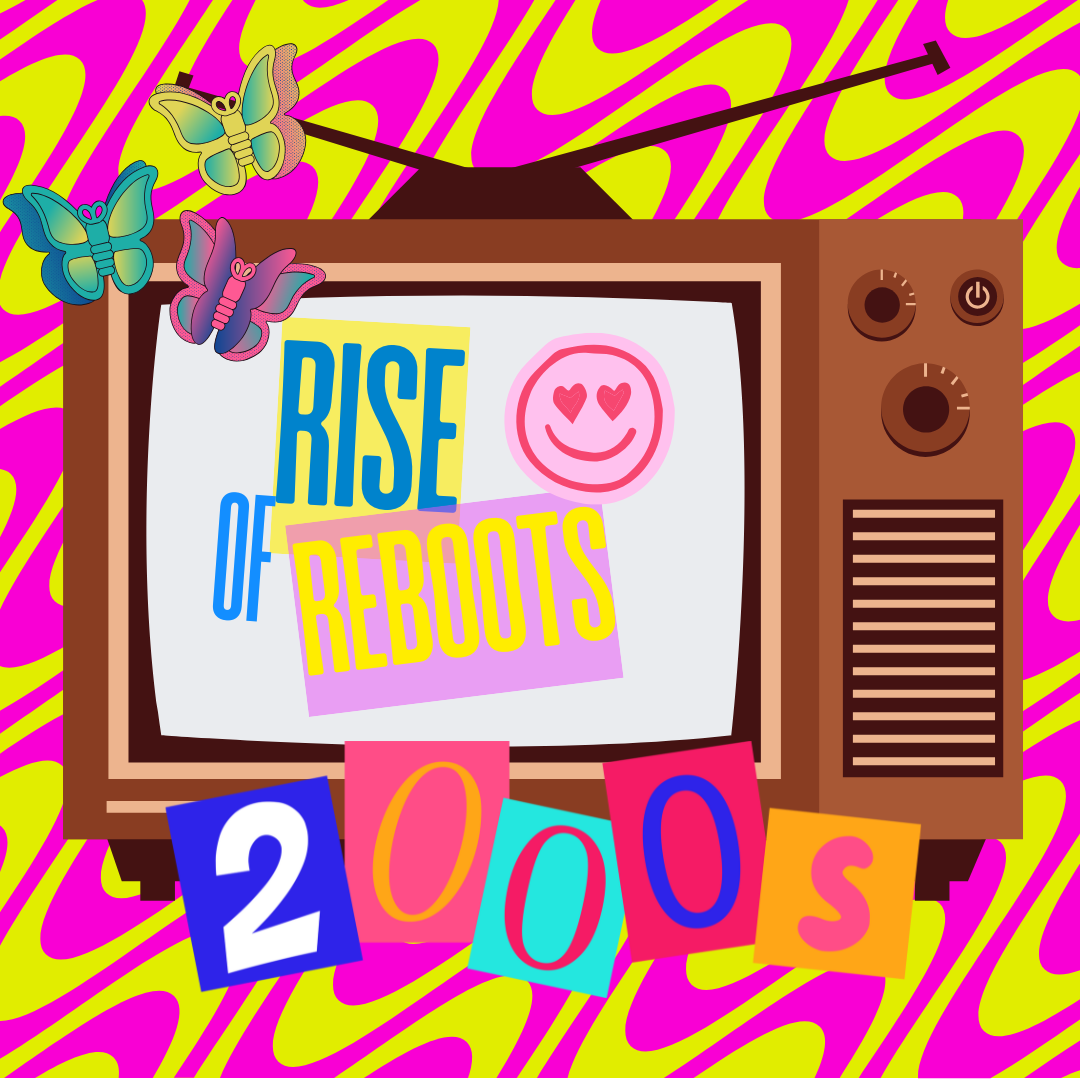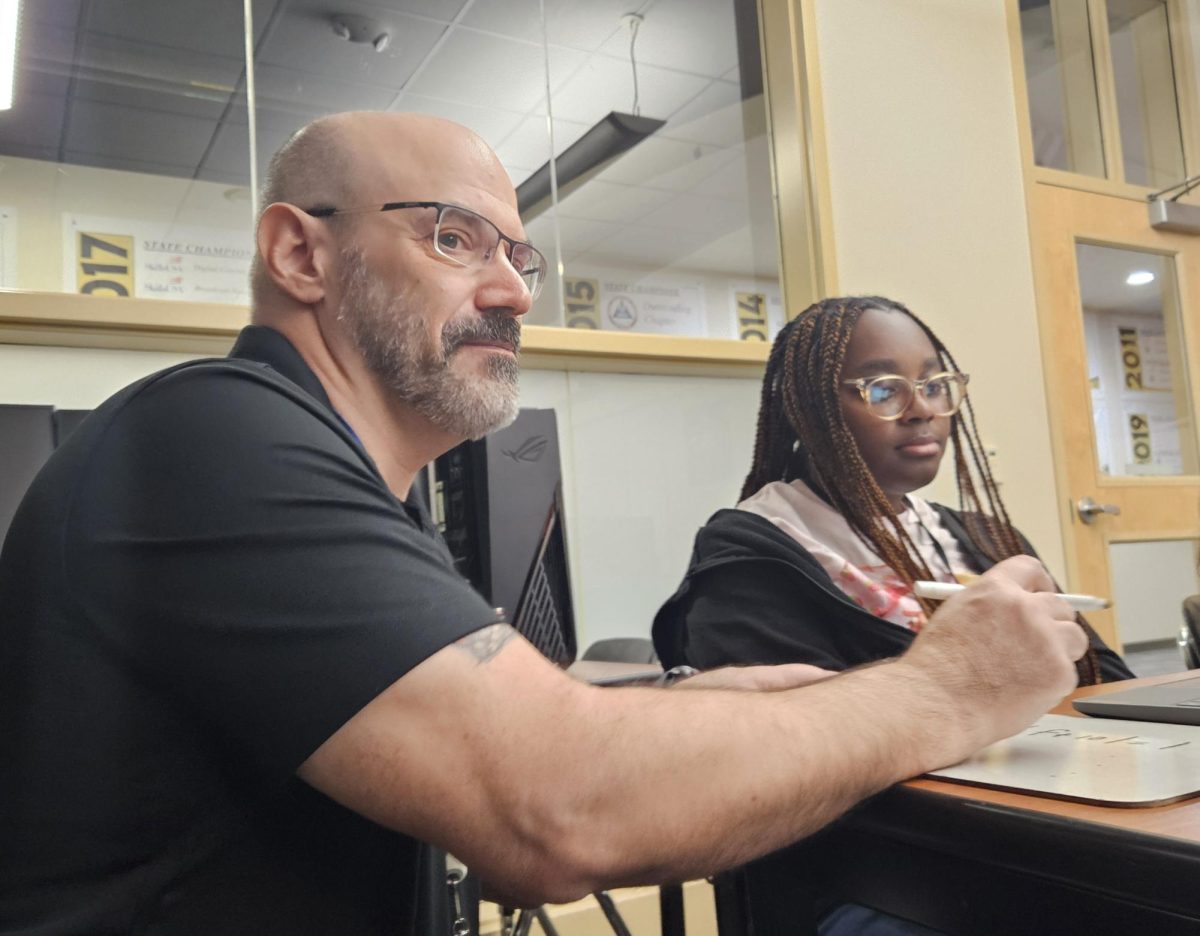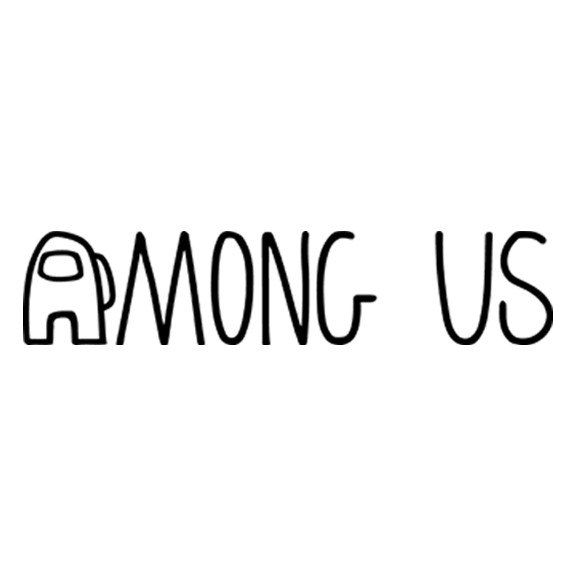
On September 22nd, the gaming development Studio Unity announced that they would be making changes to the controversial new policy they announced the week prior. The studio building located in San Francisco had to be temporarily shut down after receiving death threats surrounding said policy changes. Many outsider viewers are confused as to why this is such a big deal in the gaming scene, but the red flags are obvious to those who keep up with the company.
Unity is a gaming development software that is used in every corner of the gaming market. Big gaming companies such as Electronic Arts, Ubisoft, and Nintendo use it for their games. The software is great for indie devs, which are developers who are independent of any major gaming studio/company. Over a week ago, Unity announced on their official blog that starting on January 1st, 2024, anyone using their gaming engine will have to pay a twenty-cent fee for every download of a game made with their engine. Anyone with keen eyes can tell, that this was not well received by any gaming studio, especially those that are, or are considered, indie devs. Many developers either completely shut down their games in protest or constantly complain and beg Unity to pull back on their policy change.

Now for those not really paying attention, twenty cents per download may not seem like a lot, however, it is once several variables are considered. Imagine an indie dev, spending months, maybe even years, developing their dream game. Their software of choice would be Unity and they were not expecting much out of their game. They have enough funds to cover a decent amount of installation fees since they do not expect their game to be an immediate success. Overnight, their game becomes a sensation and garners over 200,000 downloads. That would be a $40,000 installation fee, and if they’re an indie dev, they can’t really pay for that. Most indie devs put their games up for free or keep prices low. Which, sure, if they put a good price tag on their game they could cover that installation fee just fine. However, there are also some other things they would have to consider because the cost of making a game can range anywhere from $10,000 to $1 million.
The severity of this policy and why it was so controversial is shown when taking a look at the game Among Us. This game might be old news by now, but in 2020 the game was blowing up in popularity due to the pandemic. The strange thing is, the game didn’t come out in 2020, it came out way back in 2018. It was created by a small indie dev company called Innersloth, which only had three developers at the time. During the height of Among Us’ popularity, the game had been downloaded well over 300 million times. In the end, this was a $106,000,000 installation fee. This is not something a three-dev team (now eight as of 2023, with only five of those eight being programmers) can pay for.
Amanda Barnes, an English teacher here at Verrado and an avid player of several different genres of video games, had this to say about the whole situation, “I think the biggest issue with the proposed change to the pricing structure is that when Unity came out, there was a promise not to charge users royalties or a bunch of fees. That promise, in addition to the user-friendly experience, encouraged a lot of indie and larger developers to use Unity. Although the fee is not technically royalties, for the fee structure to change so drastically now really undermines the spirit of that promise and puts developers in a really sucky position–pay up, or find another game engine. This per-download pay also doesn’t take into account that developers take a financial hit every time someone re-downloads a game, puts it on multiple devices, or shares it with others. For smaller game developers, this is a bigger hit than some of the larger companies that have more of a financial cushion.”


